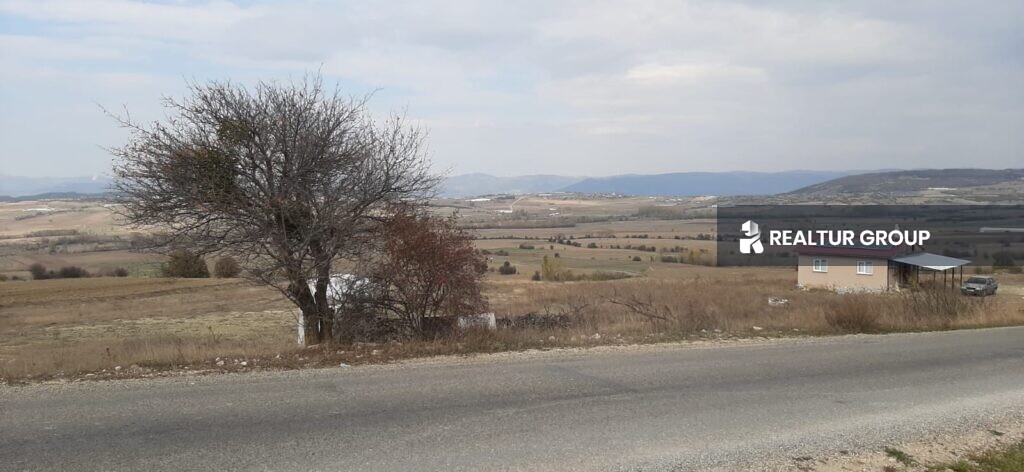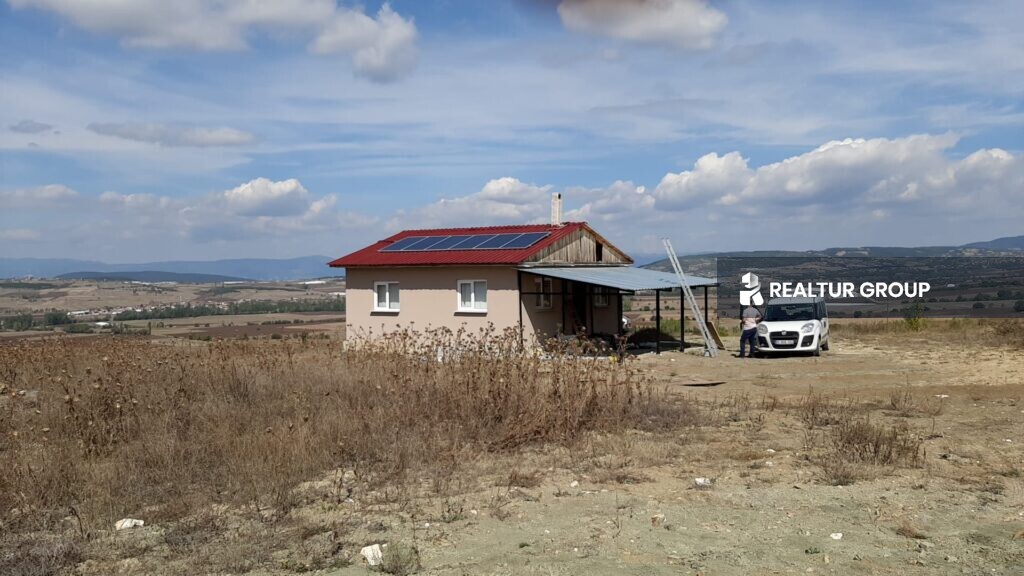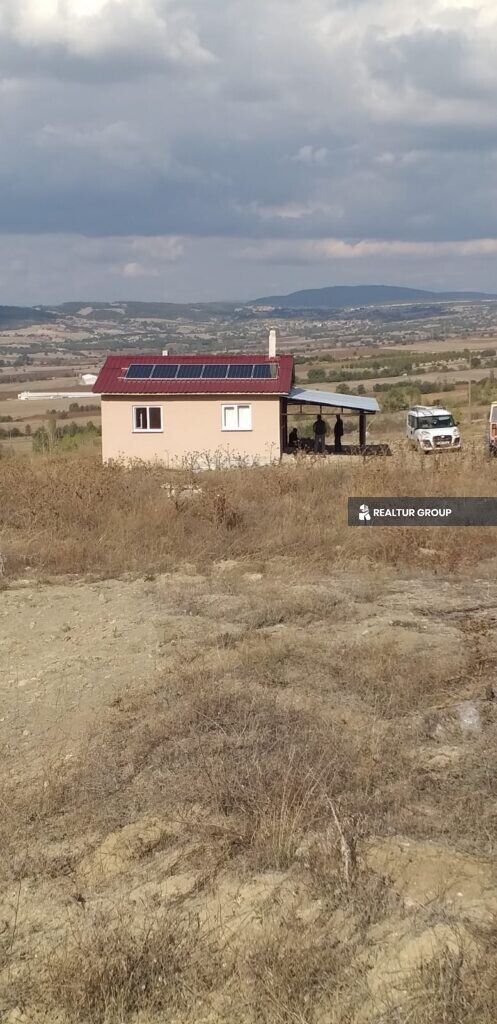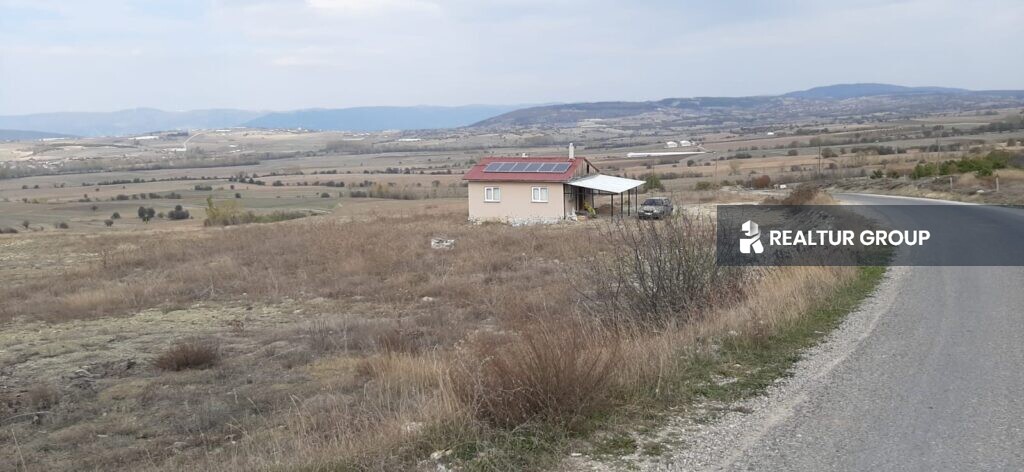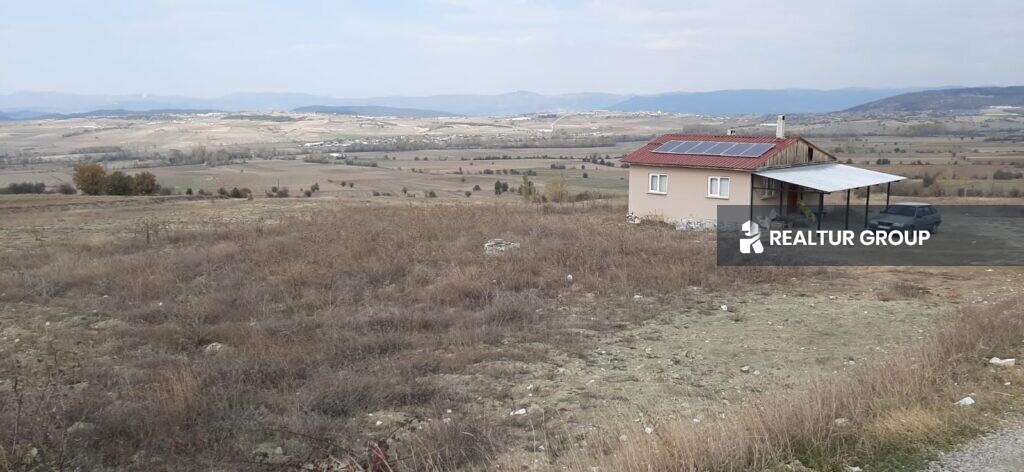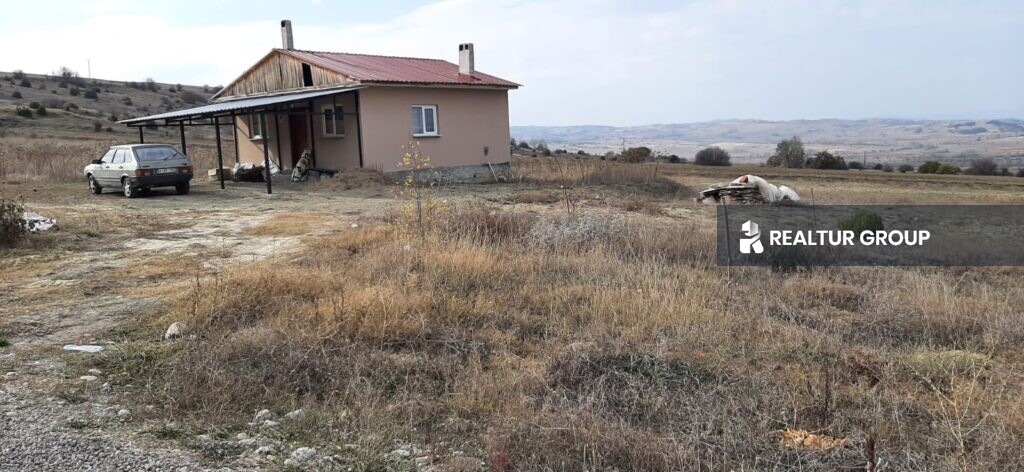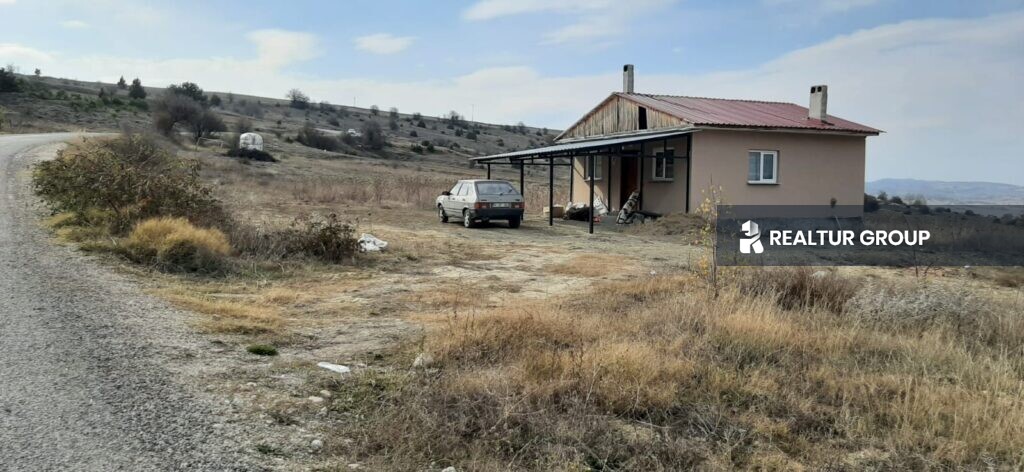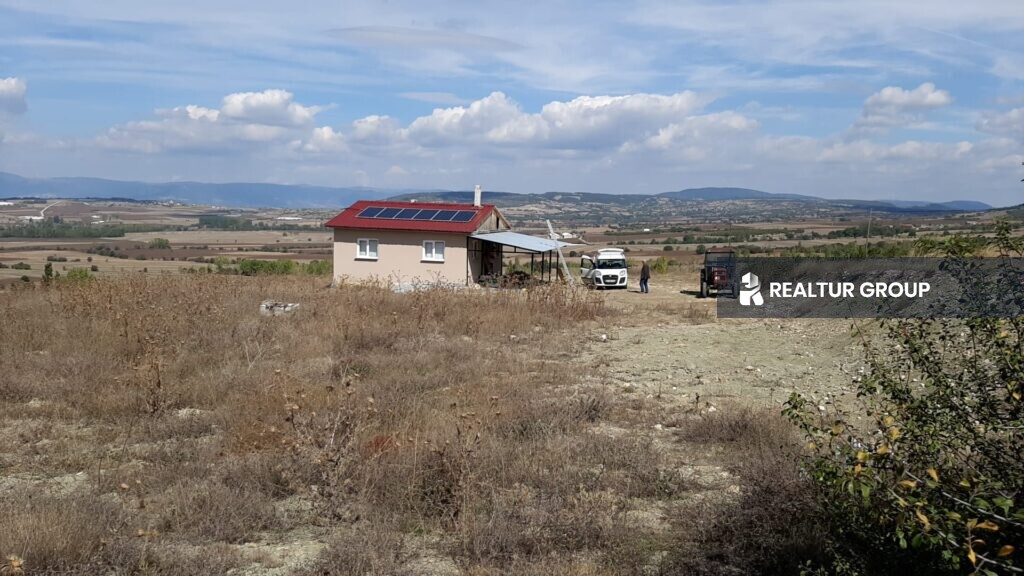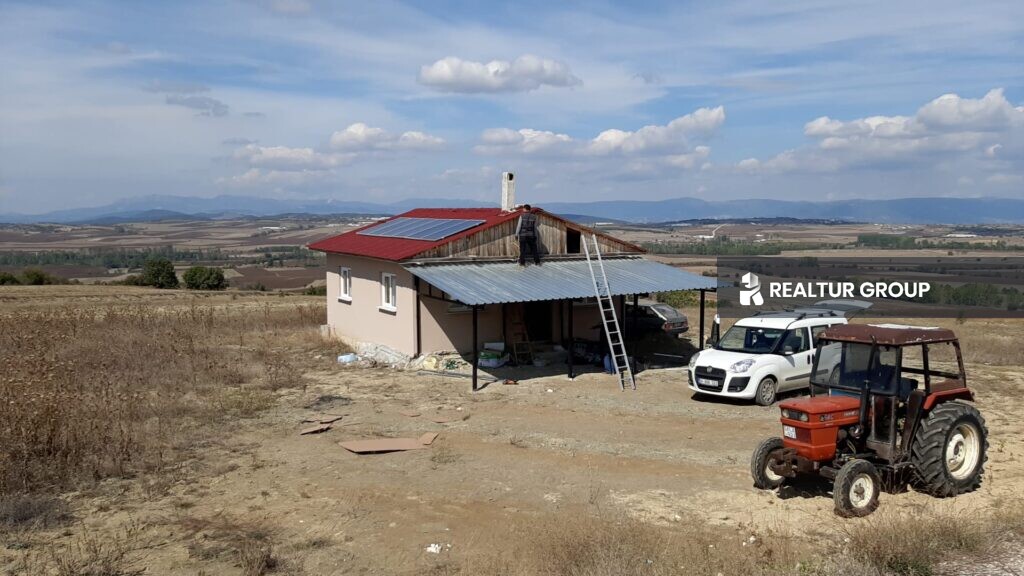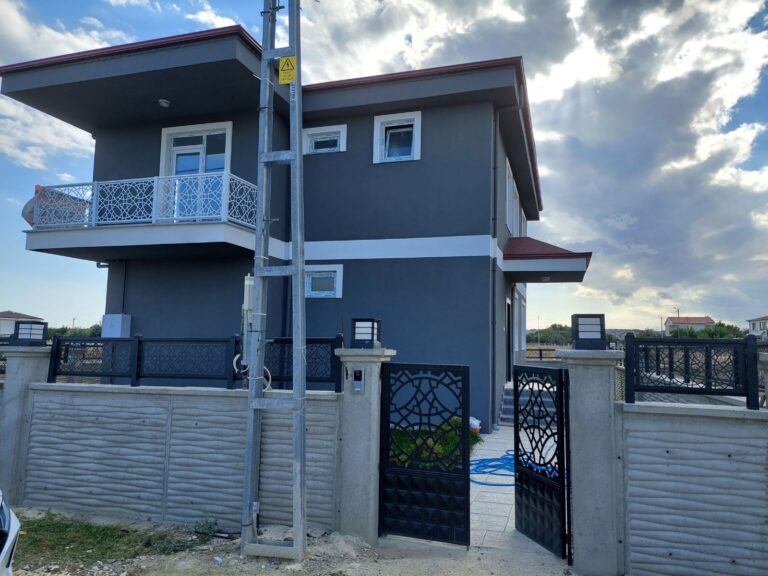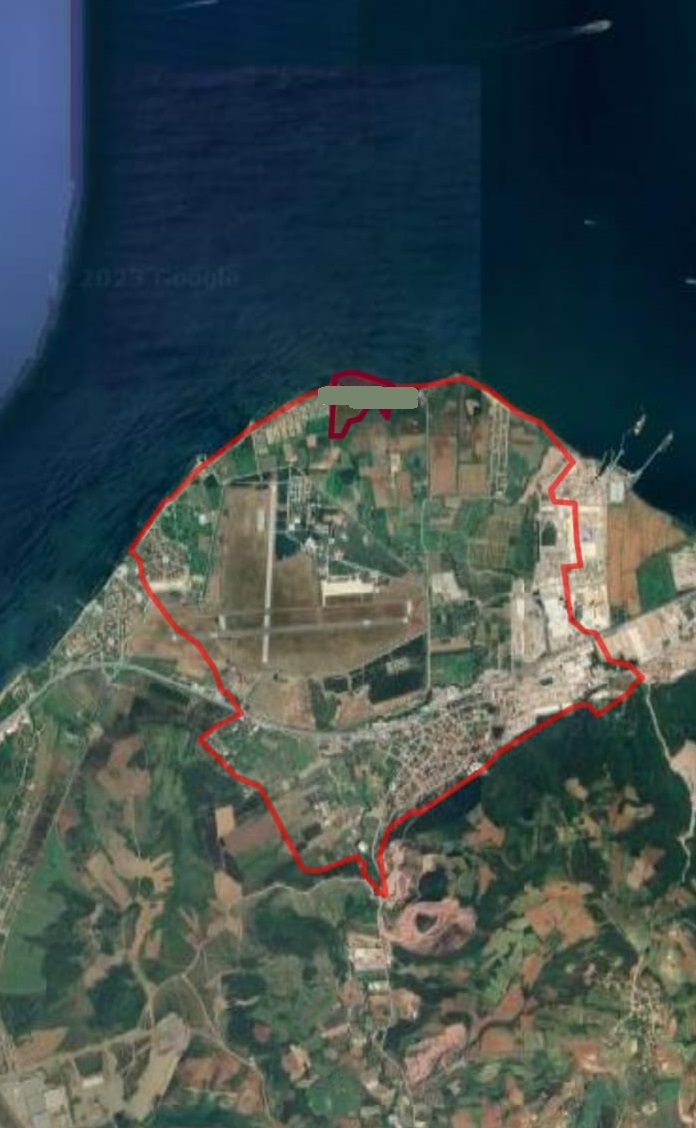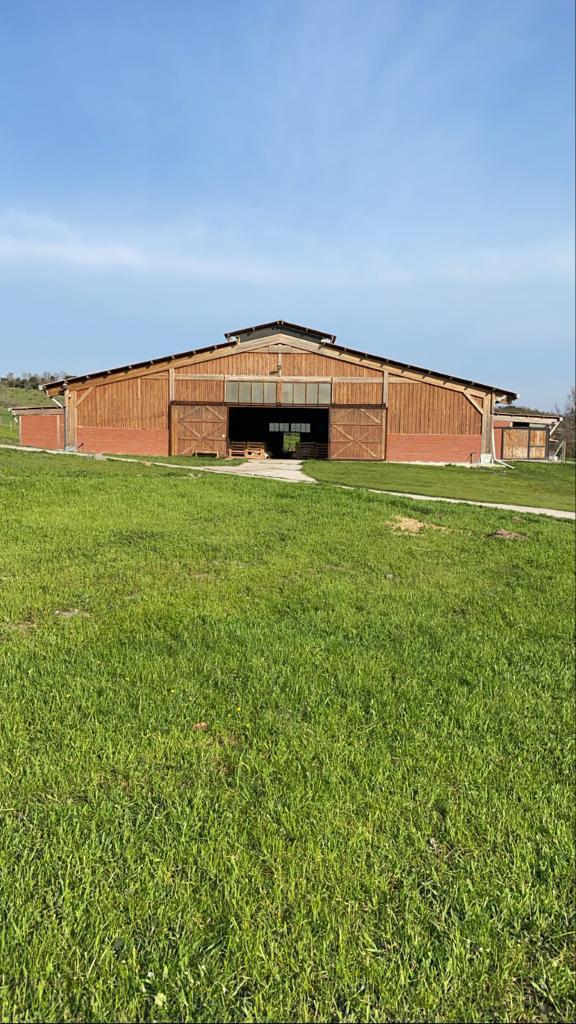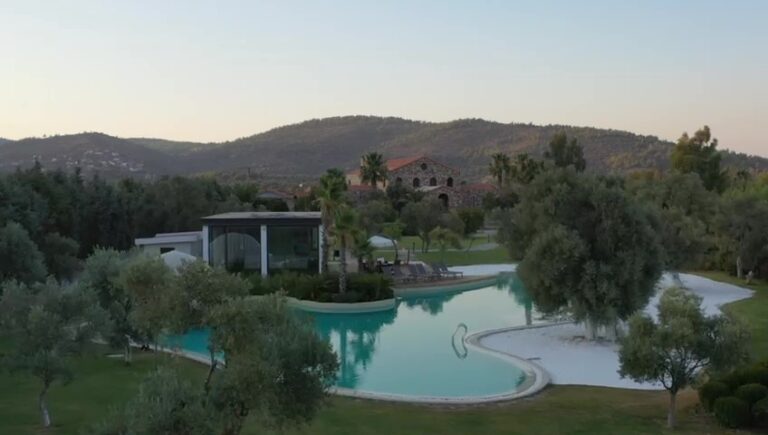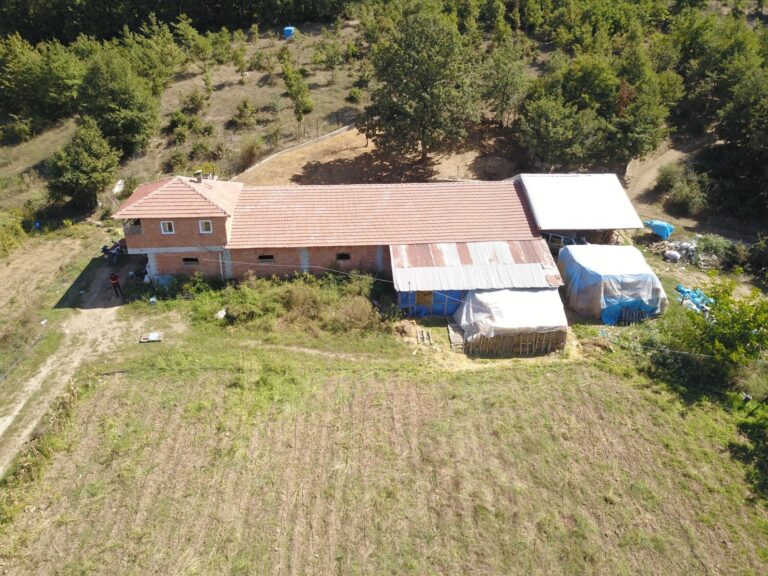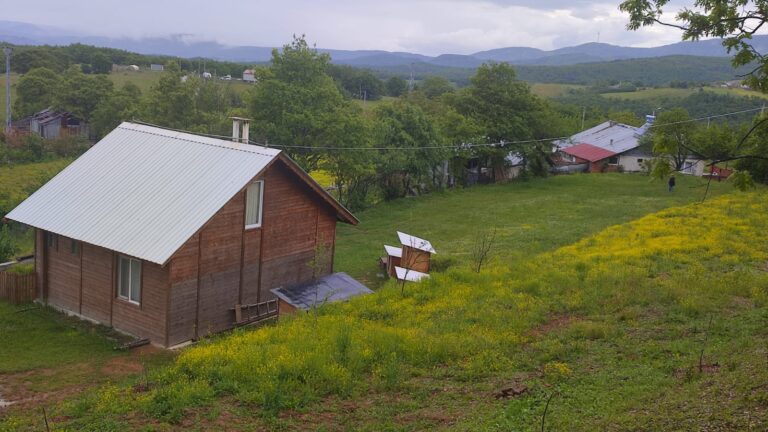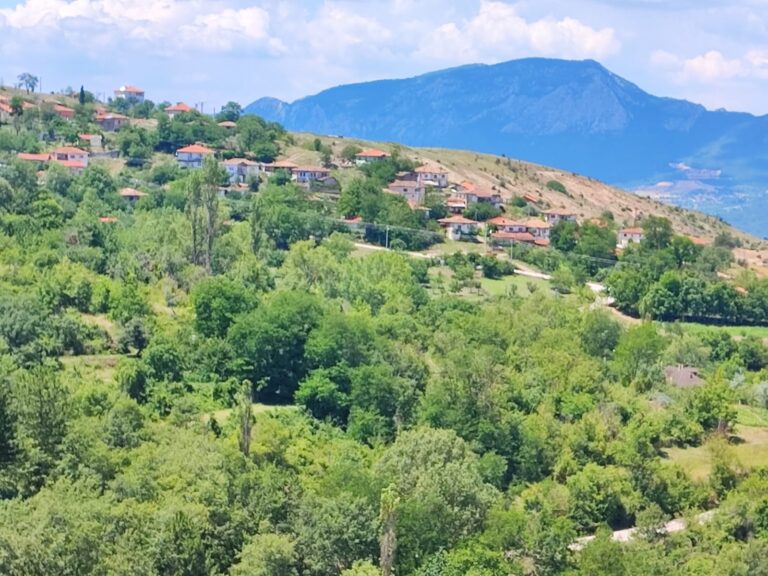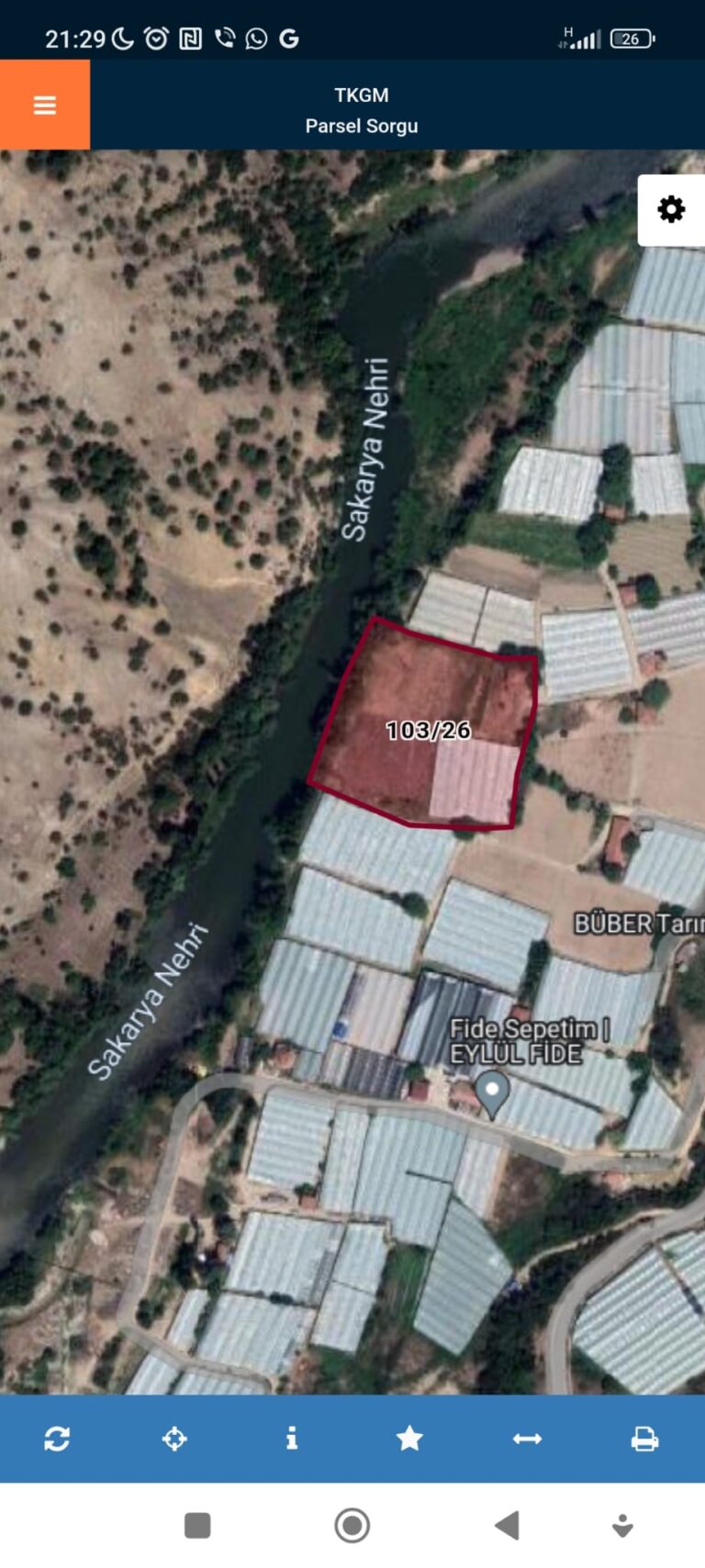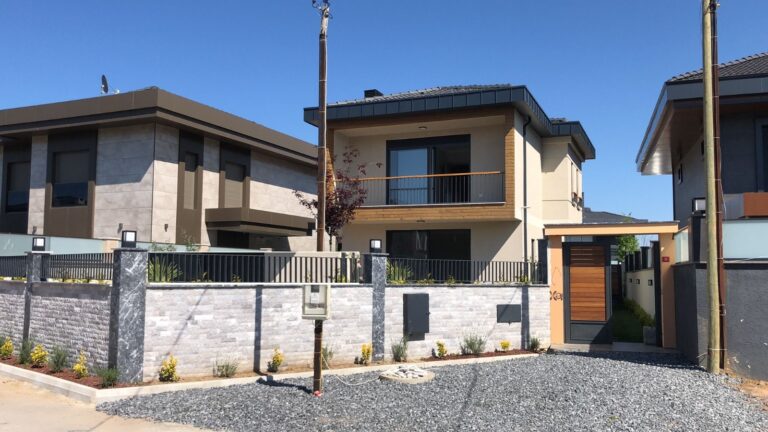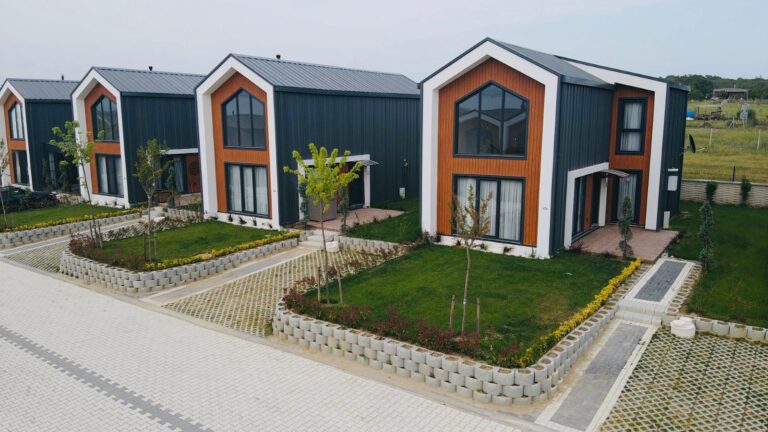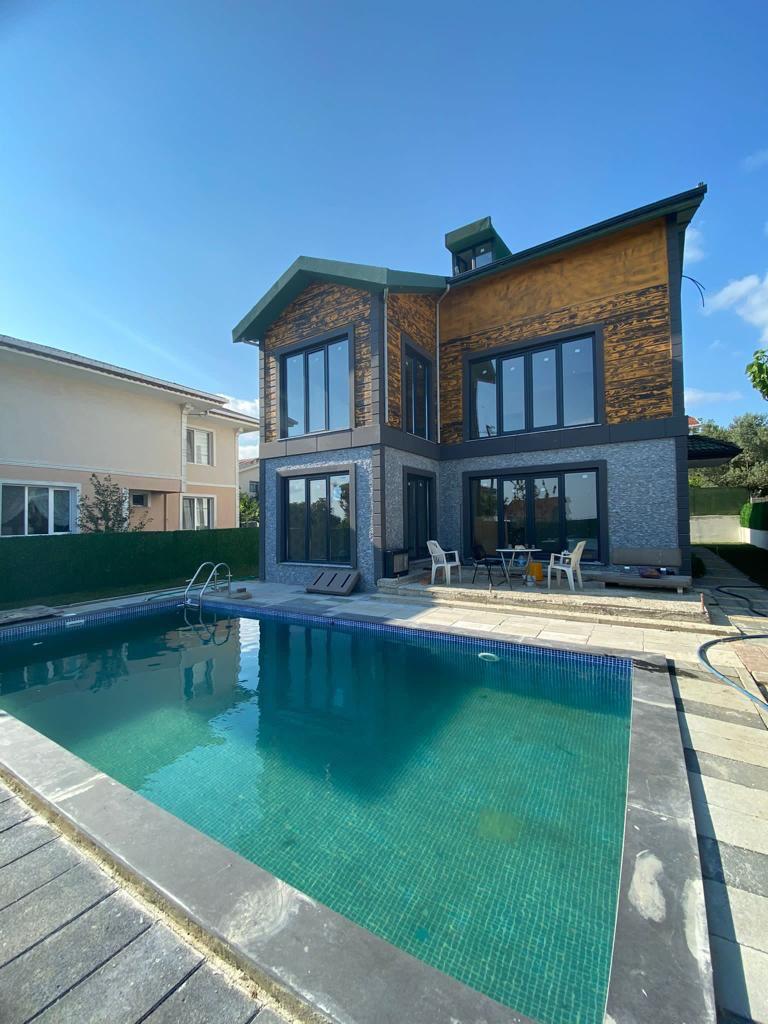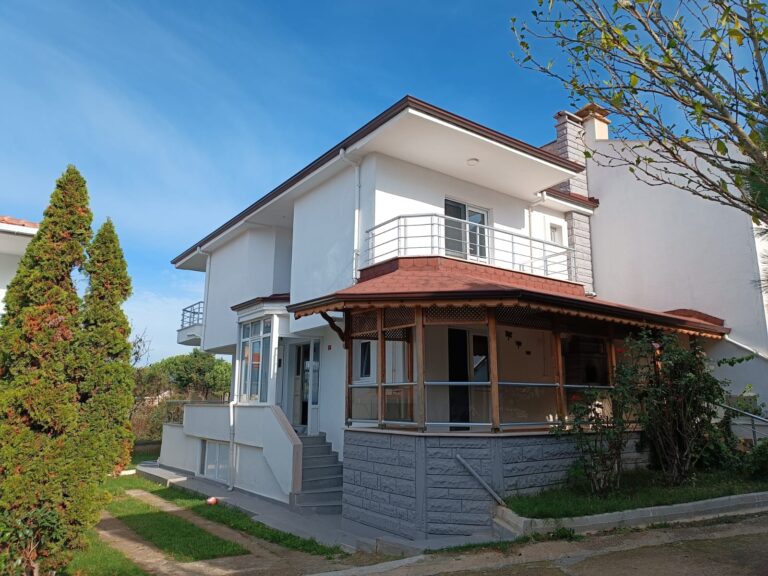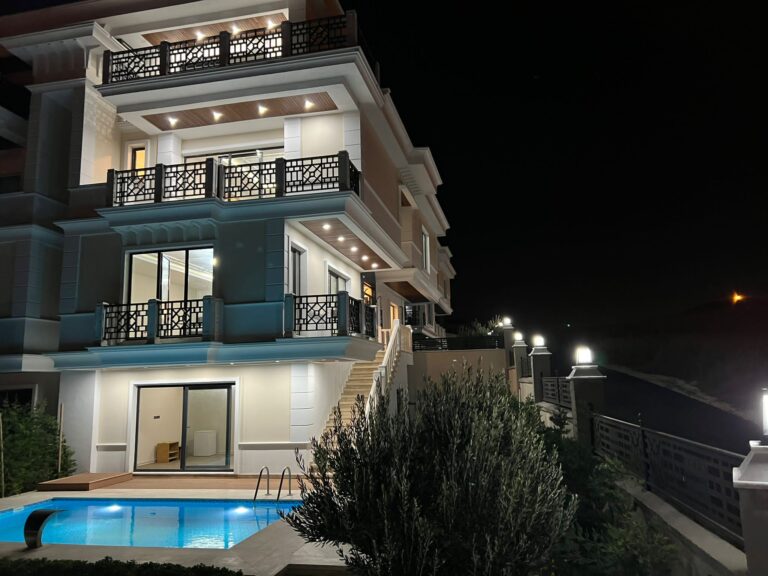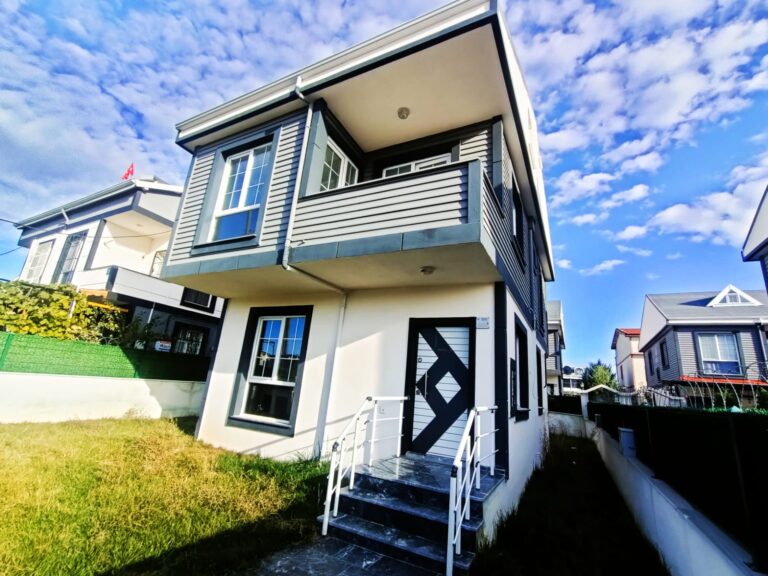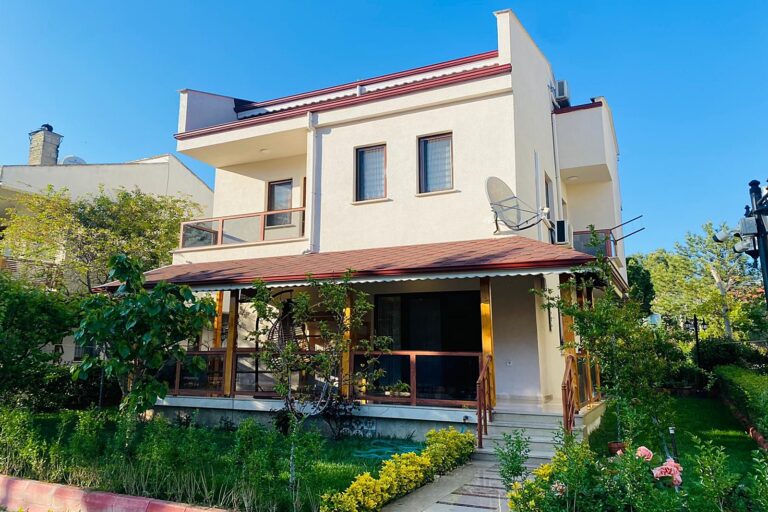Area Description
Bolu
Bolu is one of the most enchanting provinces of Turkey located approximately half-way between Istanbul and Ankara. Bolu has a beautiful natural beauty and is famous for its dense forests, fauna and modern hot spring facilities. It is a lovely city with lofty mountains, thick forests, lakes and streams. Bolu is adjacent to Ankara, Sakarya, Bilecik, Eskisehir, Cankiri, Düzce, Karabük and located in the Western Black Sea Region. Bolu is the city where the shades of green and blue embraces each other, where numerous civilizations was founded and developed, leaving plenty of creations and artwork behind. Reaching Bolu Province is quite easy, as the city is located nearly at the middle point of the highway, which connects the two major cities, Ankara and Istanbul. Lake Abant is an amazing natural beauty in the province of Bolu and is one of Turkey's most popular destinations for local and foreign tourists. It is 34 kilometers (21 miles) southwest of the city, situated at an altitude of 1325 meters. It's a tectonic lake fed by underground waters and is about 45 meters deep. The lake is a magnificent one with water lilies spread over, and the deep green forest surrounding it. It's under protection as a natural conservation area. Another wonder of Bolu is the Yedigoller (Seven Lakes) National Park which has an appeal beyond words; it's a romantic and tranquil forested area. It's about 42 kilometers (26 miles) north from the center. The name comes from seven small lakes in the area, which are connected to each other by underground and overground waters.
Göynük
Göynük is a district of Bolu. It is 98 km from Bolu and 233 km from Istanbul. Since it preserves its historical texture and is a town with Ottoman traces, it has been declared an urban protected area. In this sense, there are many mosques, fountains, tombs, Turkish baths in Goynuk. Göynük is known for its Old Turkish houses and wood engraving products. It has also been accepted as a member of the International Cittaslow Association. There are 14 educational institutions in the district. The economy of the region is provided by agriculture, beekeeping and poultry farming. The most grown product in the region is wheat.

